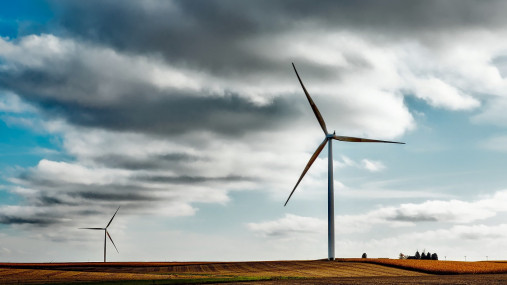
Publications » Position papers » Renewable Energy Directive
Renewable Energy Directive
Downloads and links
Recent updates

The deployment of large volumes of renewables represents a key challenge for the management of the grid and needs to be balanced also with the objective of providing competitive and secure energy. In this sense, it is important to accelerate the integration of renewables in the market in
order to foster cost-effective solutions. The regulatory framework shall address and minimize the impact of regulatory costs related to decarbonisation and the promotion of renewables on the competitiveness of energy intensive-industries and promote innovative low carbon solutions that can contribute to the energy and climate targets, taking exposure to international competition fully into account.
Due to the high share of energy costs in total production costs, EU steel companies operate processes very close to the thermodynamical limits of the current technologies. Deeper emissions reductions are only possible with the deployment and roll out of breakthrough technologies (including steel recycling, carbon capture utilisation and storage, process integration, and electricity/hydrogen-based metallurgy) that require, among others, access to abundant and competitive low carbon energy sources, including hydrogen and electricity. The application of these technologies at industrial scale will contribute to creating new business models where energy carriers will play a key role (e.g. cooperation between the steel and chemical sector to convert carbon reach gases into fuels or feedstocks and/or to replace carbon with hydrogen as reducing agent in steelmaking).
Therefore, it is essential that all low carbon energy sources that can contribute to emissions reductions are promoted according to the technology neutrality principle and regardless of their specific use (i.e. as energy carrier or as reducing agent).

Download this publication or visit associated links
EUROFER wishes to comment and clarify on the concerns expressed in the above-mentioned statement:
Strasbourg, 17 December 2025 – The European Commission’s latest proposals on the Carbon Border Adjustment Mechanism (CBAM), unveiled today, correctly identify several loopholes that risk undermining its effectiveness, notably regarding EU exports, downstream sectors and circumvention practices. However, despite these laudable efforts, the measures put forward fail to deliver a comprehensive and durable response to carbon and jobs leakage, warns the European Steel Association (EUROFER).
A milestone occasion to quickly and effectively restore affordable electricity, to relaunch the
decarbonization and strengthen the international competitiveness of the European steel
industry.